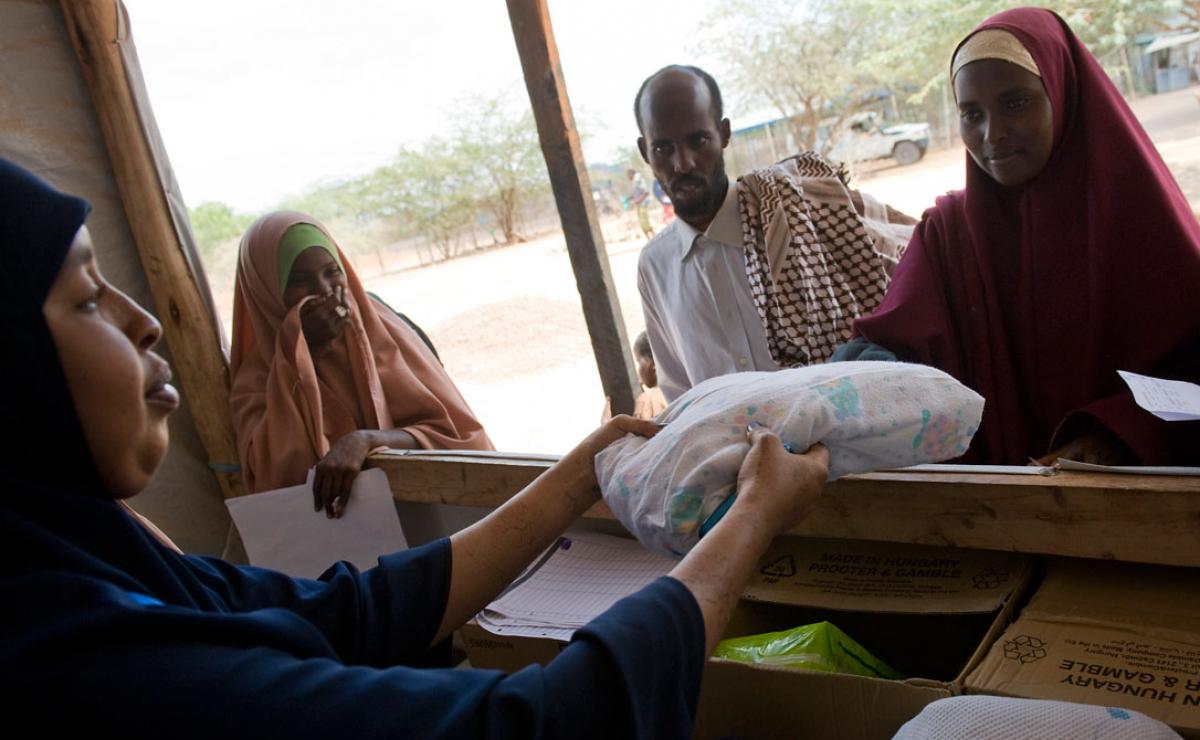Kenyan court decision stops Dadaab closure

Basic principles of international humanitarian law upheld
(LWI) The Lutheran World Federation (LWF) is grateful that basic principles of international humanitarian law were upheld when the High Court of Kenya ruled against the planned closure of the Dadaab refugee camp. The court ruling also considers the closing of the Kenyan Department of Refugee Affairs last year unconstitutional.
LWF has followed the plans of the Kenyan government to close down refugee camps. Together with others LWF has expressed concern about this intention: it undermines international law, in particular the right to asylum. LWF’s focus is to uphold the rights and needs of refugees. The LWF is grateful that the Kenyan court ruling upholds basic principles of international humanitarian law.
LWF has been working in Kenya since 1992, first in Kakuma, and since 2008 in Dadaab. LWF provides primary education, vocational training, early childhood development, and support to people with disabilities and elderly people in the Dadaab refugee camps.
The protracted situation of refugees in Kenya is of great concern to the LWF. Ideally refugees should be able to return to their home countries. However, humanitarian principles specify that they should never be coerced into repatriation and should not be sent into situations where their lives would be at risk.
LWF is especially concerned about an alarm raised by the United Nations last week, saying that 6.2 million people in Somalia are threatened by famine and food insecurity. Sending refugees back into such a situation would undermine the duty to protect refugees. “The United Nations High Commissioner for Refugees (UNHCR) and others identified 12 areas for assisted return, and currently all 12 are said to be in emergency state for food security,” Lennart Hernander, LWF Country Representative in Kenya, says.
The Dadaab closure would have affected about 260,000 Somali refugees, some of whom have been living in the camp for more than 20 years. The camp was initially due to be closed on 30 November 2016, but the government announced a six-month delay on ‘humanitarian grounds’.
The High Court ruling came in response to a petition by two Kenyan human rights organizations, supported by Amnesty International, which challenged the constitutionality of the government’s directive to shut down Dadaab, and the Department of Refugee Affairs.

